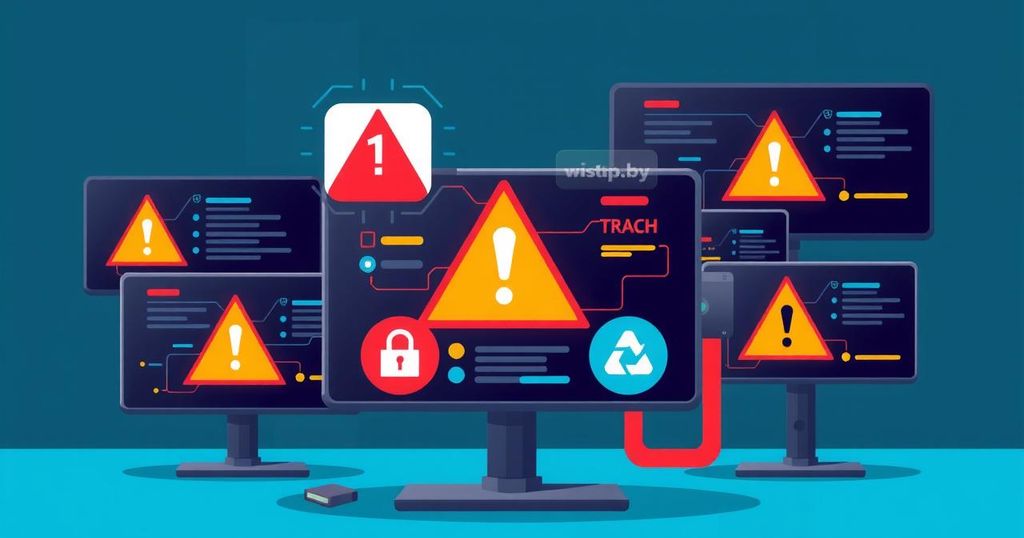Influencer Akanksha Thakral Falls Victim to Cyber Scam, Loses Rs 1.1 Lakh

Akanksha Thakral, an influencer, lost Rs 1.1 lakh due to a cyber scam after clicking a fake KYC link. She received a call from someone posing as an Axis Bank official, leading her to enter her details on a fraudulent page. Thakral’s experience reveals the dangers of cyber fraud and highlights a lack of support from law enforcement.
An influencer named Akanksha Thakral lost Rs 1,10,000 in a sophisticated cyber scam after interacting with a caller impersonating an Axis Bank official. In a viral video, she recounted that the scammer claimed her KYC update was pending, urging her to complete it remotely. Eventually, she received a fraudulent WhatsApp link that appeared to be an Axis Bank page.
After unknowingly entering her financial details on the fake KYC page, she immediately received alerts indicating Rs 50,000 had been debited from her account. Thakral attempted to log out of her UPI apps, but it was too late, leaving her with only Rs 800, which she quickly transferred to another account.
She later learned that the link allowed the scammer to install a message spoofing app on her device, giving them access to sensitive information. Additionally, she expressed her dissatisfaction with law enforcement’s lack of support, reporting that police and cybercrime officials were dismissive of her case.
In her video caption, Thakral shared her emotional turmoil, stating, “I lost money, but more than that, I had that sinking feeling of someone tracking my phone.” She pleaded with viewers, “Never click on any link—message spoofing is real.” She emphasized the need for caution when receiving unexpected calls and links.
Commenters on her video expressed their concerns about the current state of cybersecurity, with one user noting, “Be safe,” while another suggested reducing payment limits when involved with such transactions. Some lamented the ineffectiveness of the cybercrime portal, arguing it emboldens scammers.
Akanksha Thakral’s experience serves as a cautionary tale about the risks of cyber scams, particularly those involving fraudulent KYC links. Her case highlights the need for vigilance and skepticism surrounding unsolicited communications from financial institutions. Moreover, her frustrations with law enforcement reflect a broader issue of inadequate support for cybercrime victims, underscoring the importance of increased awareness and preventive measures in our digital interactions.
Original Source: www.ndtv.com





